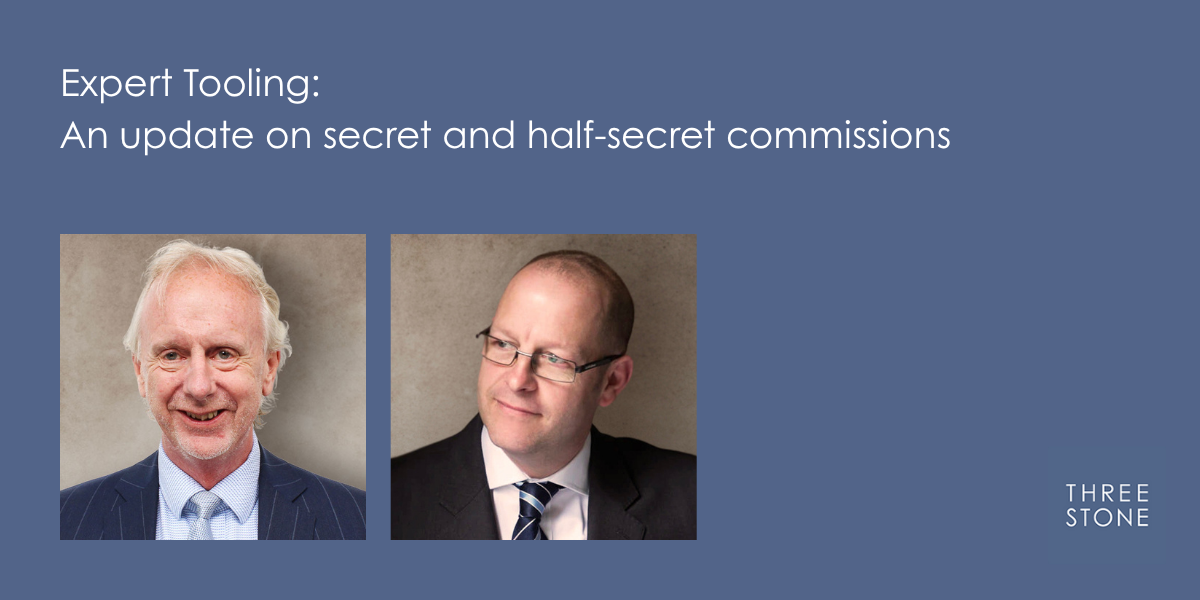
Back in February we reported that David Lord KC and Stuart Cutting had appeared before the Court of Appeal in Expert Tooling and Automation Ltd v ENGIE Power Ltd. You can read the original post here.
Judgment was delivered on 21 March 2025. David and Stuart were successful and Expert Tooling’s appeal was dismissed, although Expert Tooling did succeed on several of their grounds of appeal, concerning the scope of duty owed by the broker, whether or not informed consent had been given and limitation. Expert Tooling were granted leave to appeal to the Supreme Court on two issues, namely:
(i) whether the Court of Appeal erred in distinguishing between a “half secret” and “fully secret” commission so that both should be treated as bribes and the payer of a briber as incurring a restitutionary liability for money had and received in the amount of the briber; and
(ii) whether, if half secret commissions are to be treated differently from “fully secret” commissions, the Court of Appeal erred in applying a test of dishonesty at all and, in any event, a test which required more than that the commission-payer know of the existence of a fiduciary relationship.
Expert Tooling served its Appellant’s Notice on 7 April 2025 and ENGIE have served an application to cross-appeal to the Supreme Court on the questions of informed consent and limitation which has yet to be determined. The parties have agreed that the appeal to the Supreme Court should be expedited but only after the Supreme Court has delivered its judgment in Johnson v FirstRand Bank Ltd UKSC 2024/0159 and 2 related appeals.
The FirstRand appeal was heard by the Supreme Court after the Court of Appeal’s decision in Expert Tooling had been delivered over 3 days at the beginning of April 2025 and judgment is expected in July 2025. It is likely to have an impact on the Expert Tooling appeal as similar questions arose, albeit in the different context of the purchase of motor vehicles with the benefit of finance.
In the meantime, a lot of the energy commission cases that are proceeding before the County Courts have been stayed. However similar issues are likely to arise in other sectors such as landlord and tenant, where landlords arrange insurance with the benefit of brokers and commission payments are passed onto tenants by way of a service charge.
If you have any queries about the case or would like to instruct David or Stuart, please contact clerks@threestone.law


![Associated Installations Limited v. All Asbestos Limited [2025] EWCC 76](https://threestone.law/wp-content/uploads/2024/01/Hallett_Katherine-400x400.jpg)



